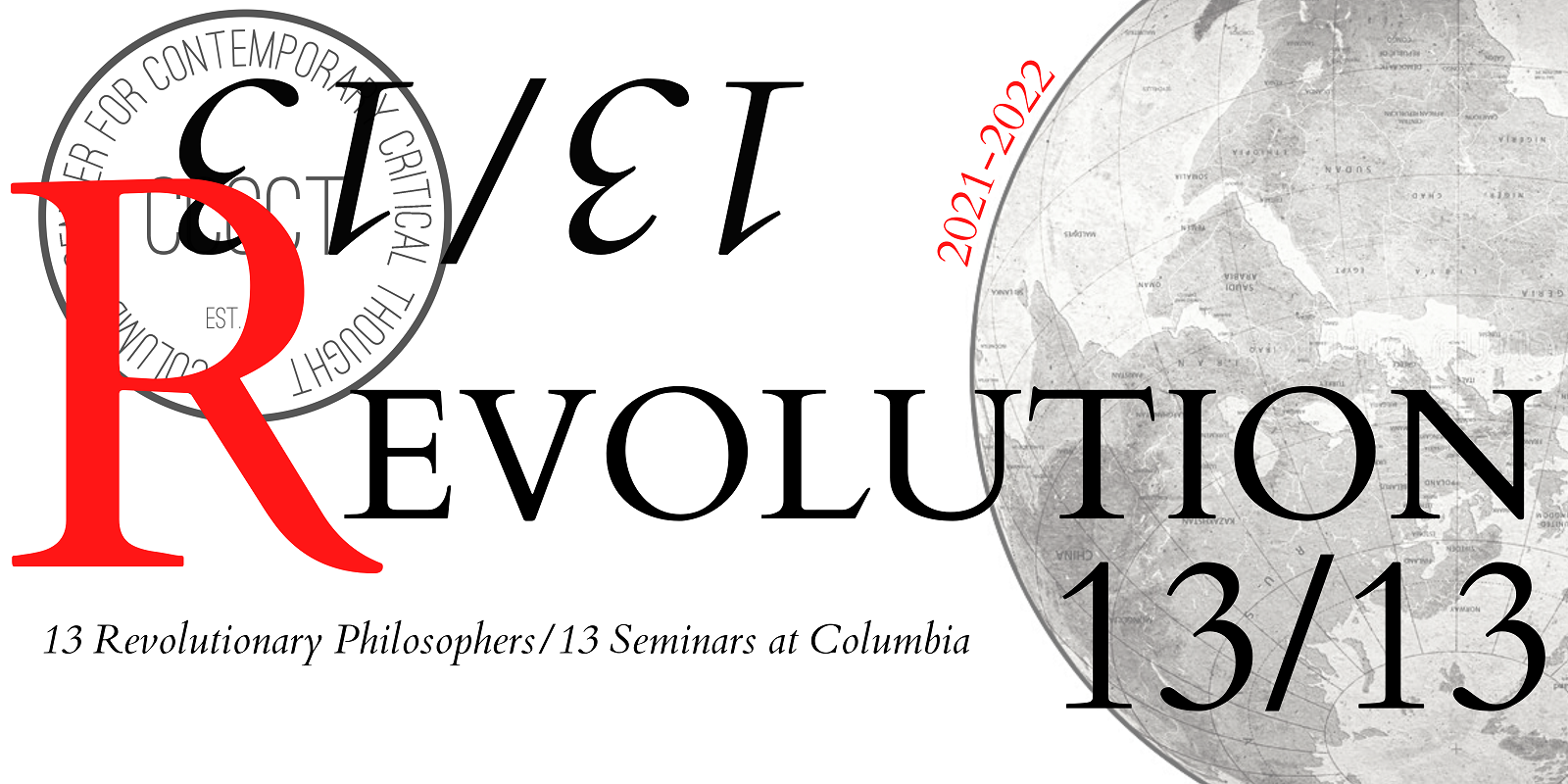By Albert Woodfox
In 1969 I was sentenced to fifty years in prison. I couldn’t begin to comprehend spending that much time in prison. I immediately began to plot my escape. When the opportunity presented itself, that’s what I did.
I eventually made my way from New Orleans to Harlem, New York. Although I had a peripheral knowledge of the Black Panther Party, this was my first time having any close contact with members of the Party. Eventually, I was arrested and housed in the Manhattan House of Detention, aka the Tombs. While there, I had my first close encounter with members of the Party. At that time, I had no idea that I would eventually become a member. Meeting these men changed me.
Once joining the Party, we were given a list of books that each Party member was expected to read. That’s when I became aware of George Jackson. I read his book Soledad Brother first. Later, I read George’s book, Blood in my Eyes, and I was even more impressed.
Soledad Brother taught me so many things about becoming a man. George set an example of the way a man is meant to be: dedicated, disciplined and willing to sacrifice. In many ways, he equipped me with the skills to survive prison. And for 44 years and ten months in solitary confinement those lessons stayed with me, and contributed greatly to me surviving, and prospering, even though I was in solitary.
In Soledad Brother, George wrote, “I just don’t subscribe to that superman shit, I’ve seen too many men cry, seen them in all postures of the common infirmity – death. My message to black people…will be the same message I receive from my brain for myself. It will be the same as long as we have the same problem, it will be the same coming from the living, loving brain or from the grave…just keep on going. – Just keep going – straight ahead – right on.”
I remember the day in 1971 when I was released from Angola’s torture chamber, known as the red hat, where I was housed after a confrontation with a guard. Inside, I was kept in a 3 x 6 foot cell. There was a concrete bed, a slop bucket in the corner and no water. Outside the temperature reached 90 degrees; inside it felt double that. My commitment to being a revolutionary crystalized in that cell. After three days, I was released from the red hat on August 21, 1971. I remember the date because it was the day George Jackson was shot and killed by Soledad prison guards. When I learned of George’s murder, my commitment only grew stronger.
As impressive as all of Soledad Brother is, the chapter that still stands out the most for me is at the very end of the book – George’s letter to a friend about the death of his brother. Jonathon Jackson was murdered while trying to free political prisoners during a court hearing. The part that touches me the most is in the second paragraph. “Manchild, manchild,” George wrote, “with a sub-machine gun in hand. He was free for a while. I guess that’s more than most of us can expect.”
